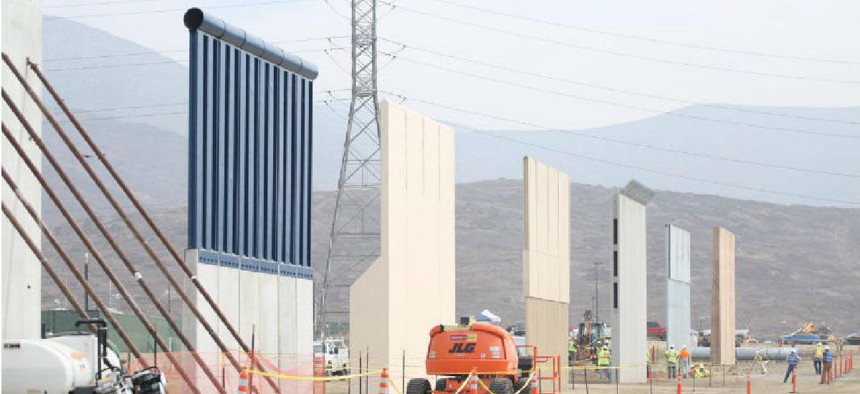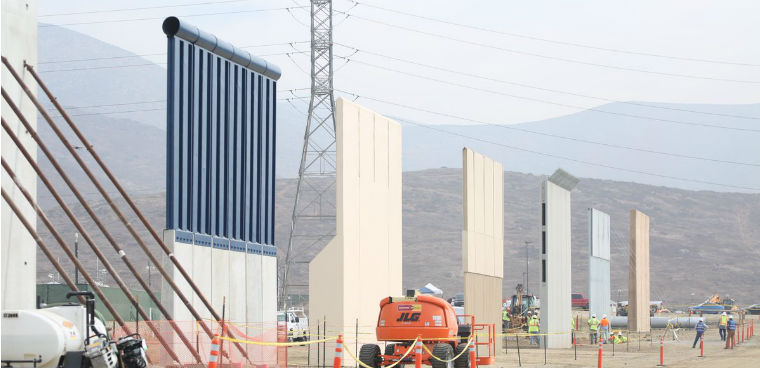DHS contractors face protests – on the streets

Tech companies are facing protests internally from workers and externally from activists about doing for government amid controversial policies like "zero tolerance" for illegal immigration.

Tech companies are facing protests internally from workers and externally from activists about doing work for government amid controversial policies like "zero tolerance" for illegal immigration – and government contracting officials are taking notice.
"It's a huge problem. We have it in all kinds of things," said Mark Borkowski, assistant commissioner in Customs and Border Protection's office of acquisition.
One CBP contractor working on a sizeable possibly "transformative" IT contract, Borkowski said at an Oct. 11 event hosted by NextGov, "has protestors outside its offices because it's doing business with Customs and Border Protection."
Borkowski declined to name that contractor or the project, but CBP contractors Salesforce and Palantir have faced street protests at their corporate headquarters by activists protesting U.S. immigration policy and family separations on the U.S.-Mexico border.
Tech employees are flexing their muscles as well, trying to get companies to pull back from controversial projects whether involving immigration enforcement or facial recognition technology for law enforcement (Amazon) or lethal AI (Google). Microsoft has faced protests from employees for provisioning Immigrations and Customs Enforcement with cloud computing services.
Some California municipalities have enacted laws preventing companies contracting to build prototypes of the proposed border wall from competing for town and city contracts.
In the latest such episode, Google opted not to bid on the Pentagon's $10 billion, 10-year warfighter cloud acquisition, citing ethical concerns over legal AI.
"It's a huge issue for us in terms of access to market, competition, our access to the best thinkers," Borkowski said. "A lot of that culture of resistance tends to reside in this innovative, younger, progressive community."
In an interview with FCW following his panel, Borkowski said public protest of CBP contracts comes with the territory in a charged political climate. But he was quick to point out the protest are not a long-term problem, nor should they be stopped.
"Emotions are a high," he said, adding that the impact of political protests of contracts, "depends on who you are and what you buy" as an agency.
Anil John, the technical director of DHS' Silicon Valley Innovation Program (SVIP), said there isn't a "schism" between federal acquisition efforts and Silicon Valley tech innovators.
Even before the implementation of new immigration policies by the Trump administration, tech start-ups often were reluctant to do business with the federal government because of contracting hassles.
The SVIP was established to help recruit and fund those companies.
"You have to get beyond the heat and the flash," John said. "What are the concrete things DHS does to alleviate risks to the public. Conveying that in a very clear manner can take the politics out of it, takes the emotion out of it and share with them what problems they can help solve that is both beneficial to government and to them."
Borkowski said he thinks protests will wane over time. Until then, he said, "I think we have to recognize and, frankly, respect" the protests.
"As members of government, we need to understand that that community represents the public as well. We should listen to it and incorporate it into our thinking as we go forward."


